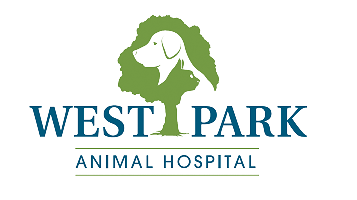 Most of us would agree that good nutrition is the cornerstone of lifelong health, and the quality and quantity of the food we choose can make a significant impact on overall wellbeing and vitality. This is very true for our pets, whether we’re talking about an energetic puppy or kitten or a senior pet who has health issues that can be helped with a specific diet.
Most of us would agree that good nutrition is the cornerstone of lifelong health, and the quality and quantity of the food we choose can make a significant impact on overall wellbeing and vitality. This is very true for our pets, whether we’re talking about an energetic puppy or kitten or a senior pet who has health issues that can be helped with a specific diet.
Your pet’s life stage is one of the most important factors in so many aspects of wellness, and choosing the right food based on this information is critical. Let’s take a closer look at why finding the proper diet is so important.
Life Stage-Centric Nutrition
Walk down any aisle with pet food and you’ll quickly notice whether an item is for an adult, a puppy/kitten, or a senior pet. There are even products for in-between stages and specifications based on activity level, breed, and so forth.
Despite all the trends, a pet’s life stage is absolutely the base factor for dietary formulation. You can easily understand the diet needed for a developing puppy is different than one for an 8-year-old adult.
The standards for food based on life stage are set by the Association of American Feed Control Officials (AAFCO). Even if a food is marketed as “good for all life stages” or something similar, it’s important to look for the AAFCO statement to ensure the diet is nutritionally balanced for your pet’s age.
Why a Pet’s Life Stage Matters
Your pet is probably more than happy to eat any food put in their bowl, but did you know there’s actually a lot of science that goes into analyzing the precise dietary needs of your pet?
- Puppy/kitten diets – Young pets grow quickly during their first year of life, and this growth requires protein and fat, as well as calcium and phosphorus. Kittens typically have sensitive digestive systems and can benefit from highly digestible foods.
- Adult diets – Adults, meaning dogs and cats over 1 years of age up to 7 years (younger with large breeds), often need diets that take into consideration weight control and dental health. Adolescent and adult pets require a balance of animal-based protein, vitamins and minerals, fatty acids, fiber, and grains. At this stage, some pets will require additional support if there’s an underlying health need.
- Senior/mature diets – This phase of a pet’s development can vary from pet to pet. While the label “mature” generally refers to pets older than 6-8 years, there are some cats and small breed dogs who often live 15+ years. It’s best to ask your veterinarian when to switch to a senior diet for your fur friend.
Like adults, senior diets have the same ingredients (with some exceptions) but call for a reduced calorie count to prevent obesity. In some cases, older pets will have significant periodontal disease which requires a soft diet for easy consumption.
As you can see, chemical analysis and food studies have produced the best dietary options for each stage of your pet’s life, and we highly recommend following them. The right nutrition is the foundation of good health; it can even mitigate certain health problems from developing or progressing.
If you’d like to schedule a nutritional consult with one of our friendly team members, we’re happy to help. Adhering to recommendations based on your pet’s life stage is paramount to maintaining and improving wellness. Please call us for more information or to schedule a visit.
The post Food for Life: Why a Pet’s Life Stage is an Important Factor in Nutrition appeared first on West Park Animal Hospital Blog.

